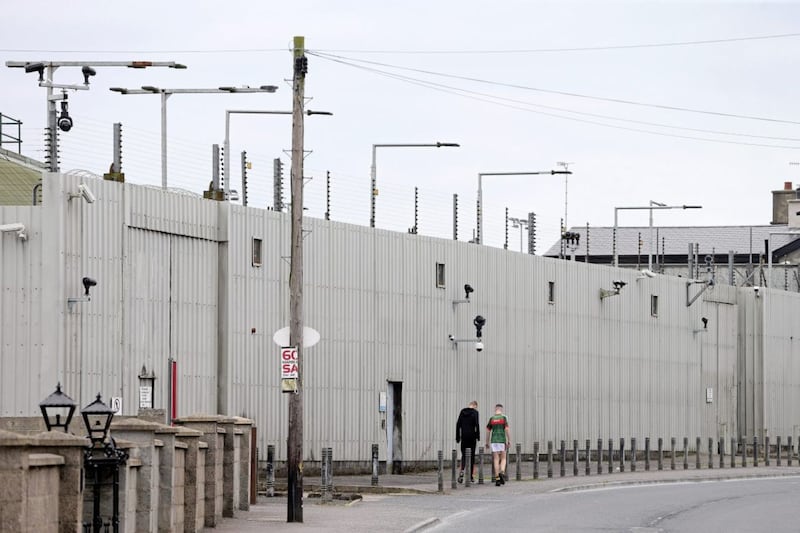THE PSNI’s South Armagh Policing Review that Chief Superintendent Philip Knox and Chief Inspector Finola Dornan produced is an excellent piece of work: comprehensive, well-researched, making extensive use of academic, professional, journalistic and statistical sources, based on wide consultation in the local community and its political representatives.
It examines policing, or lack of it, in south Armagh in painstaking detail with revealing transparency.
The review is at pains to find ways to police by consent and to achieve the legitimacy of policing. It is a serious exercise which should be repeated elsewhere: west Belfast, east Tyrone, for example.
The universal response of unionist politicians to the review was appalling.
Leading DUP politicians misrepresented the contents of the review, then went on to mislead their ever-gullible and paranoid supporters about the aims and purpose of the review.
Most of them hadn’t even read it. Almost none of them has ever been to south Armagh much less cast eyes on Crossmaglen police station.
It was an irresponsible, rabble-rousing performance. It was a graphic demonstration of the truth of the saying, “A lie can travel halfway around the world before the truth can get its boots on.”
Of course once the DUP were out of the traps the other unionist parties depressingly and predictably weighed in to try to outdo them in apocalyptic prophecies.
Within hours the BBC angry man’s radio programme was filled with callers building on unionist politicians’ distortions and delusions they’d swallowed: it was the first step to all-Ireland policing; it presaged PSNI policing Protestant districts and gardaí policing Catholic districts and, most emotively, RUC memorials would be removed. There was more, but you get the picture.
Needless to say there was the obligatory stupid demand for Simon Byrne to resign, a unionist demand so futile and devalued it no longer has any currency.
All a classic example of what Richard Hofstader in a famous 1952 essay called ‘the paranoid style of politics’. He said he called it that “because no other word adequately evokes the qualities of heated exaggeration, suspiciousness, and conspiratorial fantasy that I have in mind”.
It’s a political and mental stance characterised by systematised delusions of persecution and failure to appreciate unionists’ importance.
Why should unionists across the board care about reforming policing in south Armagh? It doesn’t affect them in any way.
Suppose you erected a bilingual sign outside the police station, say like on buses in Belfast, what difference would it make to unionists’ lives, especially since most would never see it?
The answer is that it’s about control, control of Catholics and nationalists, circumscribing their lives, but especially in their most assertive form – republicans.
Preventing Catholics owning firearms in the 18th century, marching provocatively through Catholic districts in the 19th and 20th (not the 21st), banning Irish, objecting to republican songs, but not the Billy Boys, it’s all of a piece.
Monstrosities of RUC barracks as in Crossmaglen or overlooking Ballymurphy were built, as the British army report on Operation Banner says, to dominate the local community; that pleased unionists. For them, that’s what policing is for.

This review seeks to ‘transition to normalised policing’, an admission that what passes for policing in south Armagh after 20 years of the PSNI is still not normal.
The review states bluntly (recommendation 06) that Crossmaglen station is not fit for purpose. The transition is envisaged to take 3-5 years. It will happen.
The local community want it, if you read the consultation. The police want it. The only people who don’t want it are unionist politicians.
In the context of the hysterical response to the review, Naomi Long asked gently what inroads unionists had made into building confidence in communities. She knows the answer: none.
Not a single proposal has ever emerged from the unionist side to suggest how to move to normal modern policing because absurdly they see that as a defeat.








